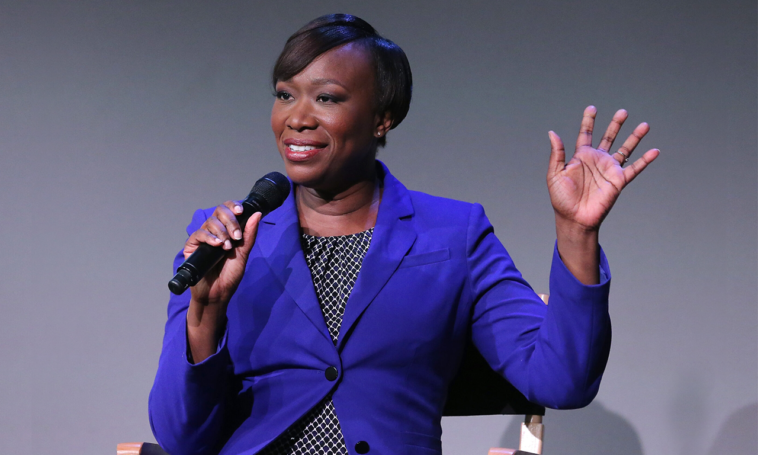Former Gop Representative Reaches New Low By Attacking Joy Reid’s Looks. Former Georgia GOP congressman Vernon Jones has taken issue with MSNBC anchor Joy Reid’s comments regarding Donald Trump’s Iowa caucus victory, characterizing her remarks as a “race rant against white Christians.”
Jones asserted that MSNBC had reached its “lowest moment” and mocked Reid’s appearance, suggesting, “Matter of fact, her hair is whiter than those Christians.”
On Twitter, he furthered his criticism and included threats to Reid’s job security, predicting her dismissal for her “over-the-top racist rants.”
The controversy underscores the ongoing tensions between news networks, particularly in the context of political and racial discussions. Jones, a former Democratic representative, has aligned himself with conservative viewpoints, joining Newsmax’s “Eric Bolling: The Balance” to express his discontent with Reid’s comments.
The exchange highlights the broader challenges and debates within media circles over the coverage of political events, racial issues, and the airing of diverse perspectives.
In the clip from Media Matters, Reid shared her perception of Trump’s victory in Iowa, suggesting it was influenced by the state’s strong representation of “white Christians.” This viewpoint sparked a heated response from Jones, who accused Reid of engaging in a “race rant” and questioned the appropriateness of criticizing individuals for being both Christian and white.
The incident reflects a broader trend where media personalities engage in pointed debates, particularly on divisive topics like race and religion. Such discussions often expose ideological fault lines within media outlets, with commentators taking sides and viewers responding passionately, contributing to the polarization of media and public discourse.
Jones’s criticism of Reid’s appearance introduces another layer to the controversy, emphasizing the personal nature of these exchanges. Accusing Reid of trying to be accepted by “white liberals” and making derogatory comments about her hair color adds a dimension of personal attacks to what began as a discussion about political opinions.
The influence of social media in perpetuating these disputes is evident in Jones’s tweets, where he not only reiterates his mockery of Reid but also predicts her firing. Social media platforms have become arenas for public figures to express their opinions, criticize others, and sometimes escalate conflicts, contributing to the overall contentious atmosphere surrounding political and media discourse.
The broader context of these events involves a network rivalry, with Jones, representing Newsmax, openly criticizing MSNBC’s coverage of Trump’s speech during the Iowa caucus. Networks’ decisions on what to air and how they frame political events often face scrutiny, and this incident is no exception, with some outlets questioning MSNBC’s reporting integrity for not broadcasting Trump’s speech.
Reid, on the other hand, continues to maintain her position as an anchor who confronts conservative viewpoints. Her recent exchange with Tiffany Justice, co-founder of Moms for Liberty, highlights her commitment to challenging perspectives that, in her view, may impact the educational content available in public schools. Reid’s approach has made her a notable figure in media for her willingness to engage in direct and often confrontational discussions.
The ongoing friction between media figures underscores the challenges faced by news organizations as they navigate political polarization, ideological diversity, and societal debates.
These conflicts contribute to the evolving landscape of media, where commentators, networks, and viewers engage in continuous dialogue, shaping the nature of news coverage and public discourse.




Join the Community and Be a Part of the Conversation
You must be logged in or registered to post a comment.